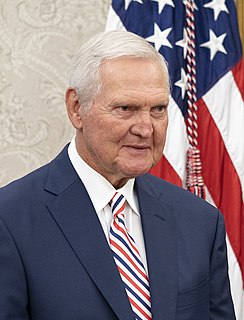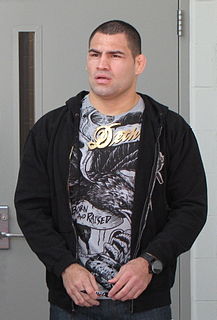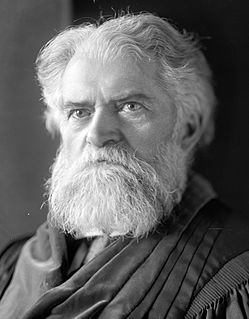A Quote by Jerry West
I've always been someone who has been very driven. I think my circumstances, how I grew up, hard work and work ethic are absolutely vital to any success that people might have, regardless of what they might be doing.
Related Quotes
I learned really early on that I had to treat it as if it were a real job. This might be my middle class background - the Irish work ethic, which isn't quite the same as the Protestant work ethic - but still, it's, 'Get a job and show up every day. Be there. And don't complain. Who do you think you are: you're nobody special; go to work.'
I think also, obviously, having someone like Lucas [Goodman], and the people around me are very, not gender-driven or any of that, so when we come in as thing, that's what it is. You can work with us or not work with us and I think that has been helpful. I don't try to put myself in a vulnerable position in that way. I won't just sit quietly.
To see talented people in roles that others might not see them in, to see how they might fit in the puzzle of the cast, has always been something that I've been good at. I think that if you look at the successes of my films and start to peel them back, there's usually a really smart casting decision that has gone into that success.
My work is nice, natural, it's never "been there done that," my work remains very interesting without losing my soul - because it's really me, and I am always honest with myself. I don't care what's in or out, I just listen to myself. And it's very nice to able to work like that. At the beginning people might have wondered what I was doing, but now they know my line, my evolution, I'm respected for that and that's a wonderful feeling.
Whatever success I have achieved, whatever positions of leadership I have held have depended less on Ivy League degrees or SAT scores or GPAs and have instead been due to that sense of connection and empathy, the special obligation I felt as a black man like you to help those who need it most, people who didn't have the opportunities that I had because there, but for the grace of God go I. I might have been in their shoes. I might have been in prison. I might have been unemployed. I might not have been able to support a family. And that motivates me.



































